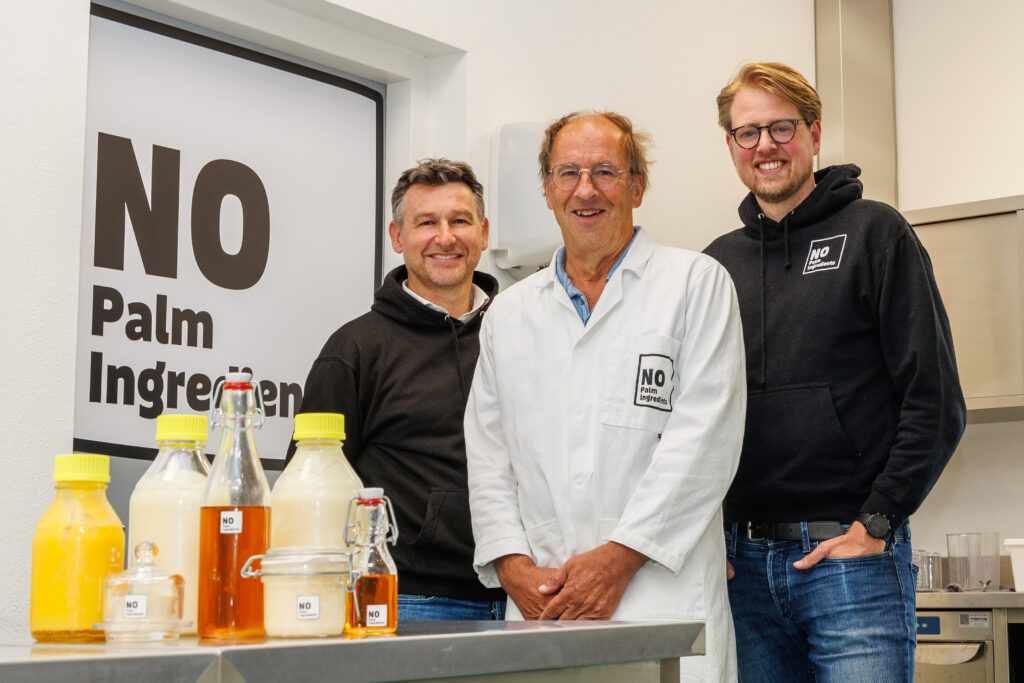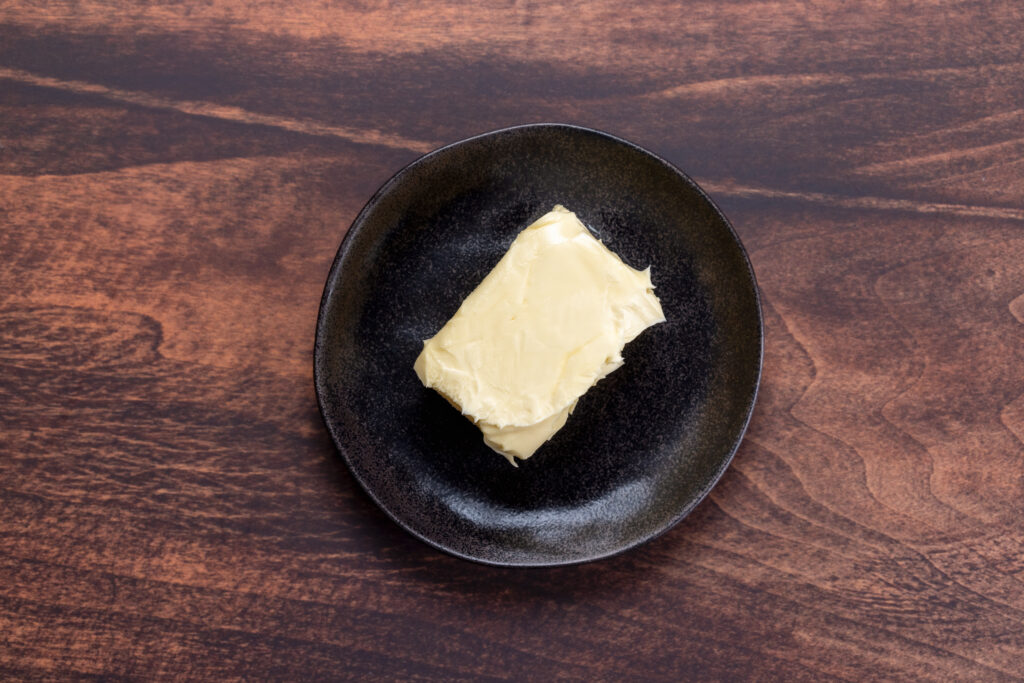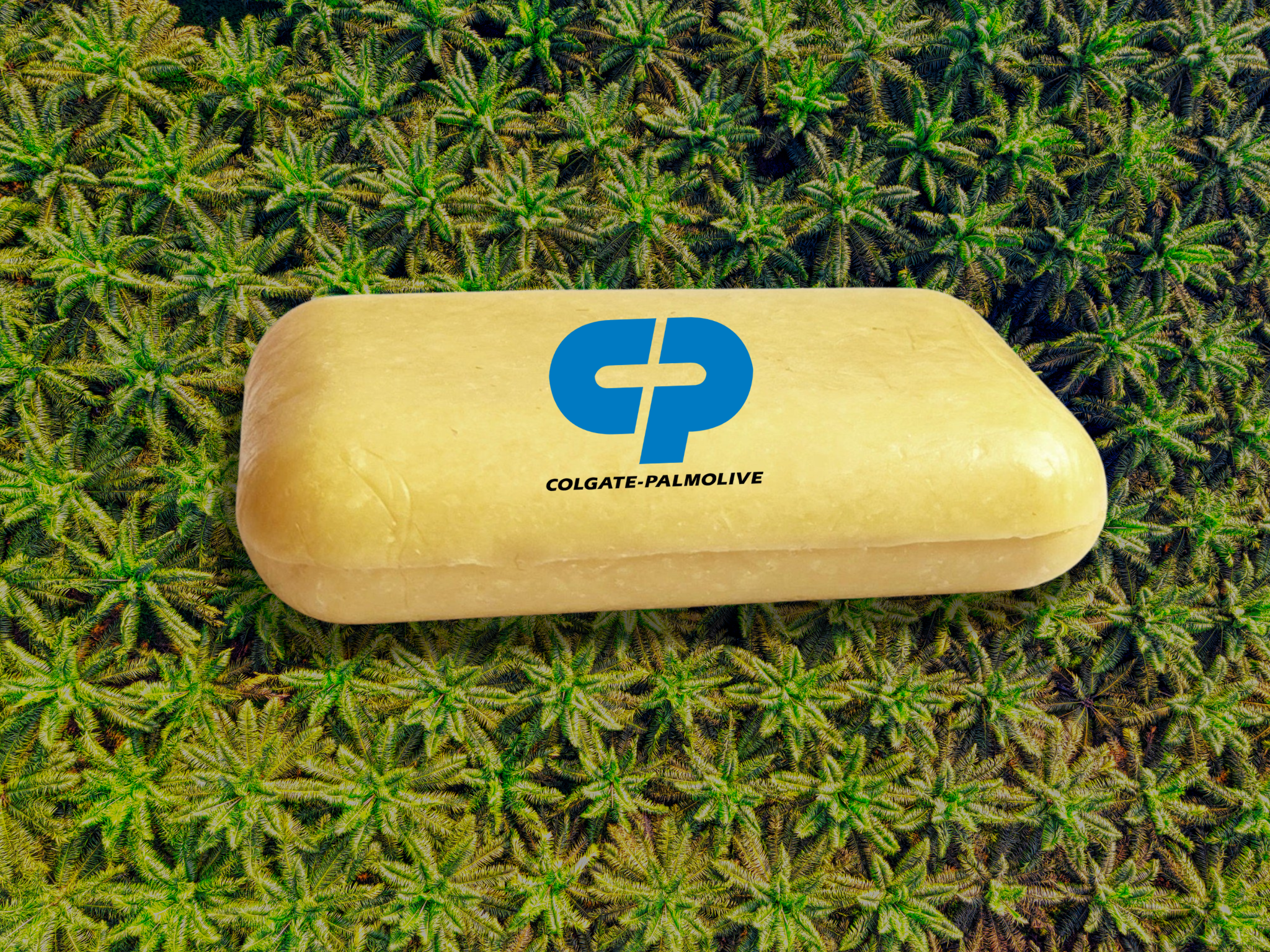Clean Body, Clean Planet: Colgate-Palmolive Taps Palm Oil Alternative for Fermented Soap Bar
4 Mins Read
Colgate-Palmolive has teamed up with NoPalm Ingredients to make a sustainable soap bar from a fermentation-derived palm oil alternative.
Soon, you could be using soap made from food waste and fermentation. The climate kicker? It’s made from a palm oil alternative.
Consumer goods giant Colgate-Palmolive is working with Dutch startup NoPalm Ingredients to make that a reality, building on a pilot project they completed in 2023.
Based in Wageningen, NoPalm Ingredients makes a yeast-derived alternative to palm oil by fermenting agricultural byproducts. Producing this oil generates 90% fewer emissions and requires 99% less land, and can help decarbonise the food and personal care industries.
Colgate-Palmolive has struck a multi-year partnership with the firm to scale up production of the sustainable oil for use in a next-generation soap bar.
“While Colgate-Palmolive remains a strong advocate for responsibly sourced palm oil, we recognise the need for additional innovative solutions to meet future demands,” said Ebru Calero, senior director of sustainable sourcing and innovation at Colgate-Palmolive.
The goal of the project is to create a soap entirely free of palm oil, but the current formulation may still contain certain additives or derivatives of palm origin.
A precursor to large-scale production

Founded in 2021 by Lars Langhout and Jeroen Hugenholtz, NoPalm Ingredients’s proprietary fermentation process uses non-GMO yeasts and low-capex technology to convert local agricultural sidestreams (like potato peels and whey permeate) into yeast oils.
These oils can be a “drop-in” replacement for palm oil – it costs the same, and manufacturers don’t need to reformulate their recipes. The technology is said to be asset-light and highly scalable, with the company achieving an industrial fermentation scale of 120,000 litres last month.
In 2023, it participated in the 100+ Accelerator, a global programme that supports sustainability-focused startups, working on projects with Colgate-Palmolive and Unilever. Here, NoPalm Ingredients turned one of Colgate-Palmolive’s organic byproducts into a fermented oil for its soap bar brands, including Palmolive, Sanex, Irish Spring, and Protex.
This is now being scaled up to pre-industrial levels, with a larger volume to be trialled on the CPG giant’s production lines. This will allow both firms to evaluate key metrics, such as stability, sensory attributes, and overall performance.
This fermentation-derived oil is said to deliver “excellent stability, texture, and fragrance compatibility”. If it matches or outperforms the fats traditionally used in personal care, it would then pave the way for commercial scale-up and broader adoption.
“Partnering with a globally recognised leader like Colgate-Palmolive is a testament to the commercial potential and credibility of NoPalm Ingredients’ innovative solutions,” said Langhout, NoPalm Ingredients’s CEO. “This collaboration marks a significant step toward scaling sustainable oil alternatives for mainstream adoption.”
Why palm oil needs to be phased out, and quickly

Palm oil is found in more than half of the products you can buy in a supermarket, across virtually every category. It’s neutral in flavour, smell and colour, can withstand high temperatures, and functions as a natural preservative. While it’s an unbeatable ingredient for skincare and food products, palm oil is terrible for the planet.
Globally, it accounts for 40% of total oil production, thanks to a tenfold increase since 1980, making up a $70 billion industry. But this has come at a major cost. Palm oil production is a major driver of tropical deforestation, the cause of nearly 20% of global emissions. Indonesia and Malaysia alone are home to 90% of oil palm trees – the former’s forests have been subject to wildfires emanating directly from palm plantations in 2019.
Growing demand will speed up a form of mass deforestation that emits greenhouse gases while removing trees that would help absorb these very emissions. The industry is a threat to wildlife and linked with numerous human rights abuses. Indigenous communities have lost their lands and villages, and workers have been exploited with poor working conditions and pay.
It underscores the need for innovations like NoPalm Ingredients’s oil, which generates 90% fewer emissions and requires 99% less land. British firms PALM-ALT and Clean Food Group, Estonia’s Äio, Dutch startup Time-Travelling Milkman, and Bay Area company Kiverdi (among others) are all working on sustainable alternatives to palm oil too.
“Demonstrating innovations like NoPalm Ingredients’s oil at an industrial scale brings us one step closer to delivering on our no-deforestation and responsible sourcing commitments,” said Calero. This is also important because of the regulatory clampdown on deforestation-linked palm oil in the EU, the UK, and elsewhere.
NoPalm Ingredients, which has raised $6.5M from investors, is not the only firm working to decarbonise soap. British material science firm Pangaia and skincare label Haeckels co-launched the Rewild Body Block in 2023, a limited-edition soap bar using C16 Biosciences‘s Palmless Torula oil. Canadian startup CleanO2, meanwhile, uses captured carbon and beer to make a climate-negative body soap. Elsewhere, Unilever-owned Dove introduced a range of oat milk soaps in the UK last year.
This story was updated on March 31, 2025 to clarify that the soap bar may not currently be free from all palm-derived ingredients.



